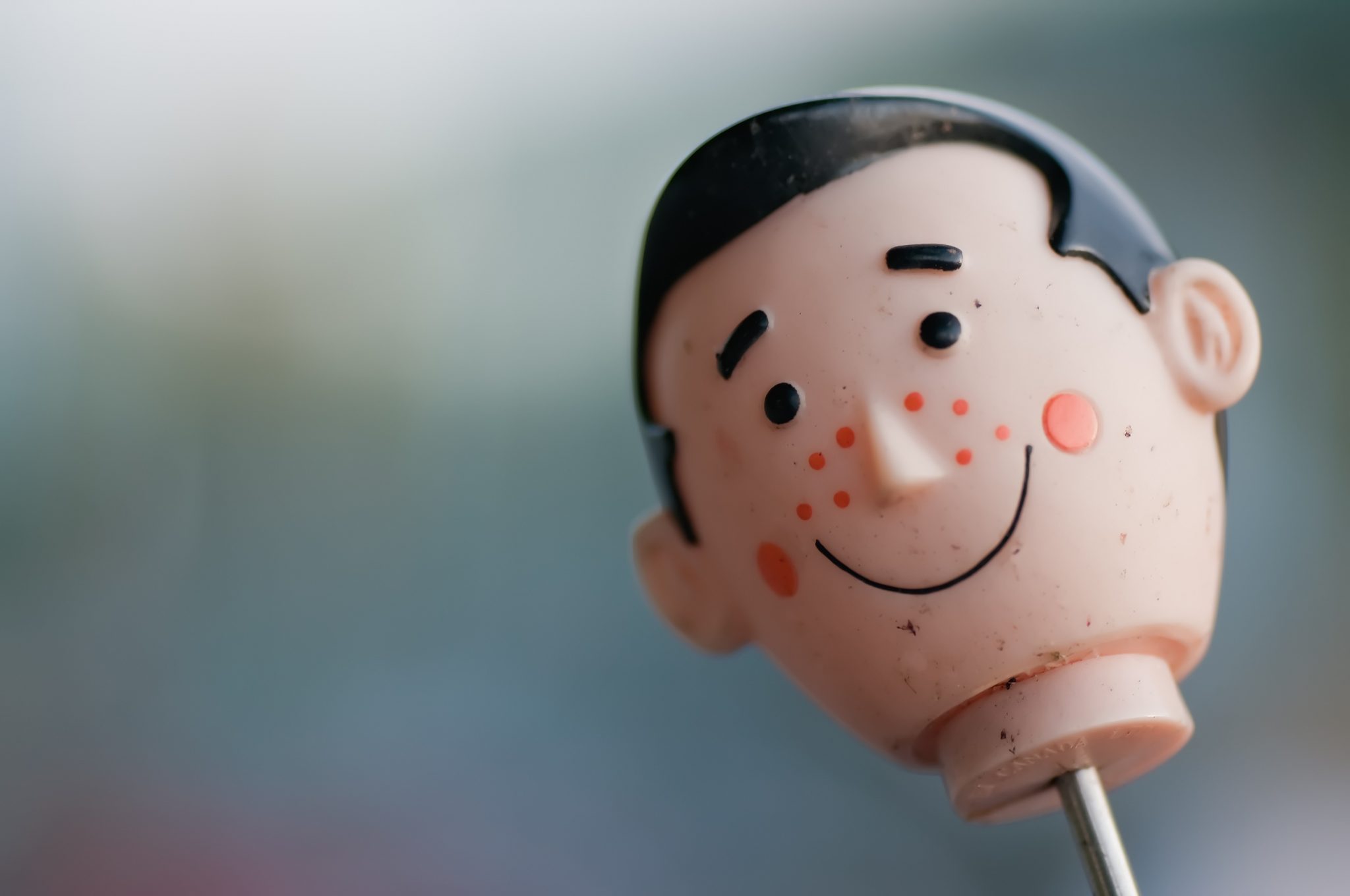
The Causes of Acne and What You Can Do About It
Acne is a common condition, but it is a medical issue that can range from mild to severe. While not dangerous, acne can leave sufferers with low self-esteem and cause long-term issues such as scarring. It’s not always just a matter of washing your face – acne has many causes and it can be difficult to budge. Here are some facts about acne and what you can do to treat it.
What is acne?
Our skin is covered in pores that connect to oil glands under the surface. Follicles connect the glands to the pores. When the pores become blocked, oil (or sebum) builds up under the skin. Acne is a chronic and inflammatory skin condition. Acne can come in the form of whiteheads, blackheads, pimples, cysts and nodules. It is most often seen on the face, shoulders, back, neck chest and upper arms.
Acne often comes during puberty due to changes in hormones and the activation of sebaceous glands, but it can come at any age. It affects both males and females. Acne is not dangerous, but it can leave scars and be traumatic for people who are concerned about acne’s effect on their appearance
What causes acne?
The basic cause of acne is blocked pores. However, what causes the pores to become blocked is slightly more complicated. The glands that produce oil are stimulated by hormones. When the gland becomes blocked, the surrounding area can become infected and then swollen. The bacteria that contributes to acne is called Propionibacterium acnes (P. acnes).
However, not all bacteria give people acne – one strain even helps keep skin acne free. Genetic factors can also increase the risk of acne. Other factors that can cause or increase the likelihood of acne include the menstrual cycle, anxiety and stress, oil-based cosmetics, squeezing pimples and sweating.
How is acne treated?
Acne has a number of treatments ranging from mild to very strong, depending on how severe and persistent the acne is. There are a number of home remedies that can be tried, although for most options the research shows limited effect. Changing diet (especially increasing vitamins A, E and zinc, or switching to low GI),using tea tree oil, the topical application of green tea, and moisturisers (especially containing witch hazel or 10% aloe vera) are common home remedies from mild to moderate acne.
Over the counter medications are usually the next step, and are available from the supermarket or pharmacy. The most effective contain ingredients such as benzyl peroxide, salicylic acid, Retin-A, Azelaic acid and Resorcinol. People with sensitive skin should use cream-based instead of alcohol-based gels (which can be drying). People with acne should start with a lower concentration as these medicated preparations can cause skin irritation. The benefits are usually seen after six to eight weeks.
For acne that does not respond to these methods, the help of a specialist will be required. Your GP will be the first stop, so they can make some suggestions or refer you on to a dermatologist if necessary. The most intensive treatments include corticosteroid injection, oral antibiotics, hormonal birth control, topical antimicrobials and isoretinoin. These treatments need to be taken under the strict supervision of a medical professional.
Managing acne from home.
Wherever possible, prevention is the best option for people with acne. Some tips to avoid breakouts include:
- Don’t pop, squeeze or disturb pimples
- Avoid washing your face too frequently, and use mild soap and warm water
- Wash your hands frequently, especially before putting products on your skin, and avoid touching your face as much as possible
- Clean things that touch your face such as your glasses, phone and razor
- Loose clothing can let the skin breathe and reduce pimples on the body
- Clean hair, free of oily products like cocoa butter, will be less likely to cause acne
- Be conscious of the cosmetics you use, and remove makeup before bed
- Avoid sweating too much wherever possible
There are many options for people who are looking to manage acne, but if you can’t get it under control from home, you should talk to your GP and get professional help. Acne is a very common condition, but it can be hard to shift. If you’re concerned about your acne, have a chat with a medical professional and start the journey towards clear skin.
Want more information?
Call (03) 5611 3365 to speak to a friendly patient concierge
or book an appointment here